6 start with Q start with Q
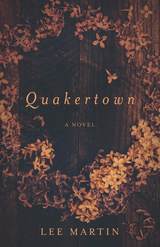
Based on the true story of a shameful episode in north Texas history, Quakertown draws on the rich texture of the South—the Pecan Creek running along the edges of Quakertown, the remarkable and rare white lilac, and the rising tensions marking each nod and greeting. With strength and a deep wisdom of heart, Martin carves out the delicate story of two families—one white and one black—and the child whose birth brought a gift of forgiveness.
Suffused with Martin’s deep compassion and profound humanity, Quakertown is an unforgettable novel from a master of American prose.
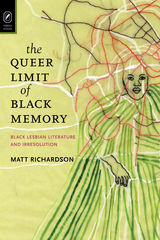
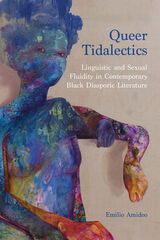
Amideo engages and extends the work of Black queer studies, Oceanic studies, ecocriticism, phenomenology, and new materialism through the theorizations of Sara Ahmed, Omise’eke Natasha Tinsley, M. Jacqui Alexander, Édouard Glissant, José Esteban Muñoz, and Edward Kamau Brathwaite, among others. Ambitious in scope and captivating to read, Queer Tidalectics brings Caribbean writers like Glissant and Brathwaite into queer literary analysis—a major scholarly contribution.

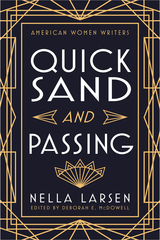
"Quicksand and Passing are novels I will never forget. They open up a whole world of experience and struggle that seemed to me, when I first read them years ago, absolutely absorbing, fascinating, and indispensable."--Alice Walker
"Discovering Nella Larsen is like finding lost money with no name on it. One can enjoy it with delight and share it without guilt." --Maya Angelou
"A hugely influential and insightful writer." --The New York Times
"Larsen's heroines are complex, restless, figures, whose hungers and frustrations will haunt every sensitive reader. Quicksand and Passing are slender novels with huge themes." -- Sarah Waters
"A tantalizing mix of moral fable and sensuous colorful narrative, exploring female sexuality and racial solidarity."-Women's Studies International Forum
Rutgers' all-time bestselling book, Nella Larsen's novels Quicksand (1928) and Passing (1929) document the historical realities of Harlem in the 1920s and shed a bright light on the social world of the black bourgeoisie. The novels' greatest appeal and achievement, however, is not sociological, but psychological. As noted in the editor's comprehensive introduction, Larsen takes the theme of psychic dualism, so popular in Harlem Renaissance fiction, to a higher and more complex level, displaying a sophisticated understanding and penetrating analysis of black female psychology.
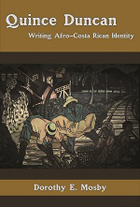
READERS
Browse our collection.
PUBLISHERS
See BiblioVault's publisher services.
STUDENT SERVICES
Files for college accessibility offices.
UChicago Accessibility Resources
home | accessibility | search | about | contact us
BiblioVault ® 2001 - 2024
The University of Chicago Press









